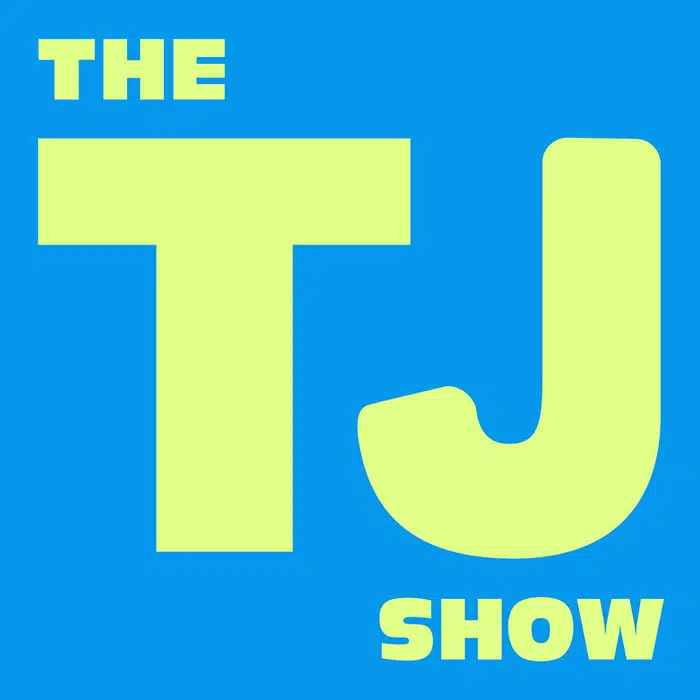By Francois Murphy and Parisa Hafezi
VIENNA/DUBAI (Reuters) -The U.N. nuclear watchdog’s board of governors declared Iran in breach of its non-proliferation obligations on Thursday and Tehran announced counter-measures, as tensions rose in the Middle East before further U.S.-Iranian nuclear talks.
U.S. and Iranian officials will hold a sixth round of talks on Tehran’s accelerating uranium enrichment programme in Oman on Sunday, the Omani foreign minister said on Thursday.
But security fears have risen since U.S. President Donald Trump said on Wednesday American personnel were being moved out of the region because “it could be a dangerous place” and that Tehran would not be allowed to develop a nuclear weapon.
The International Atomic Energy Agency’s policy-making Board of Governors declared Iran in breach of its non-proliferation obligations for the first time in almost 20 years, raising the prospect of reporting it to the U.N. Security Council.
The step is the culmination of several stand-offs between the Vienna-based IAEA and Iran since Trump pulled the U.S. out of a nuclear deal between Tehran and major powers in 2018 during his first term, after which that accord unravelled.
An IAEA official said Iran had responded by informing the nuclear watchdog that it plans to open a new uranium enrichment facility.
The move by Iran was among several measures being taken because of the resolution, Iranian state TV said. The IAEA official, who spoke on condition of anonymity, said Iran had given no further details such as the location of the site.
Behrouz Kamalvandi, spokesperson for Iran’s atomic energy organisation, told state TV that Tehran had informed the IAEA of two countermeasures including “the upgrading of centrifuges in Fordow (enrichment plant) from first to sixth generation, which will significantly boost the production of enriched uranium”.
Enrichment can be used to produce uranium for reactor fuel or, at higher levels of refinement, for atomic bombs. Iran says its nuclear energy programme is only for peaceful purposes.
Reiterating Iran’s stance that it will not abandon the right to nuclear enrichment as a signatory to the global Non-Proliferation Treaty, a senior Iranian official told Reuters that rising tensions in the region were intended to “influence Tehran to change its position about its nuclear rights.”
‘POTENTIAL ISRAELI STRIKE’
The Iranian official said a “friendly” country had alerted Tehran to a potential strike on its nuclear sites by arch-adversary Israel and reiterated that the Islamic Republic would not abandon its commitment to nuclear enrichment.
“We don’t want tensions and prefer diplomacy to resolve the (nuclear) issue, but our armed forces are fully ready to respond to any military strike,” the Iranian official said.
Iranian state media reported that Iran’s military had begun drills earlier than planned to focus on “enemy movements”.
The decision by Trump to remove some personnel from the region comes at a volatile and highly sensitive moment in the oil-producing Middle East, where security has already been destabilised by the Gaza war between Israel and Palestinian militant group Hamas that began in October 2023.
Oil prices initially rose after Trump’s announcement but later eased. Foreign energy companies were continuing their operations as usual, a senior Iraqi official overseeing operations in southern oilfields told Reuters on Thursday.
Trump has threatened to strike Iran if the nuclear talks do not progress, and in an interview released on Wednesday said he had become less confident that Tehran would agree to stop enriching uranium. The Islamic Republic wants a lifting of the U.S. sanctions imposed on the country since 2018.
(Additional reporting by Dubai newsroom; writing by Timothy Heritage, editing by Mark Heinrich)






Comments